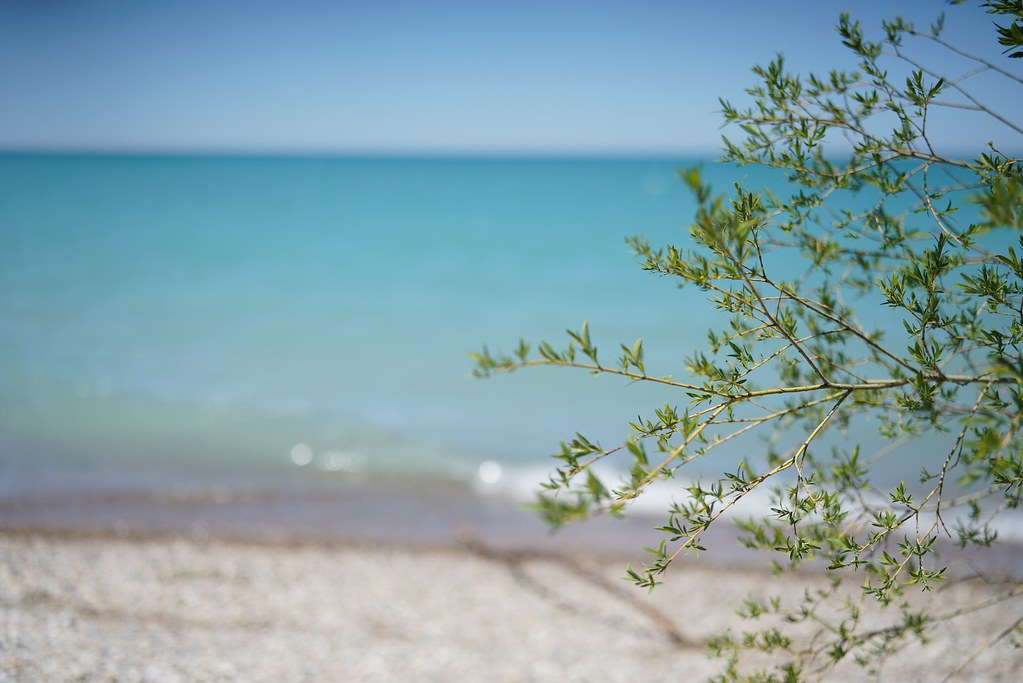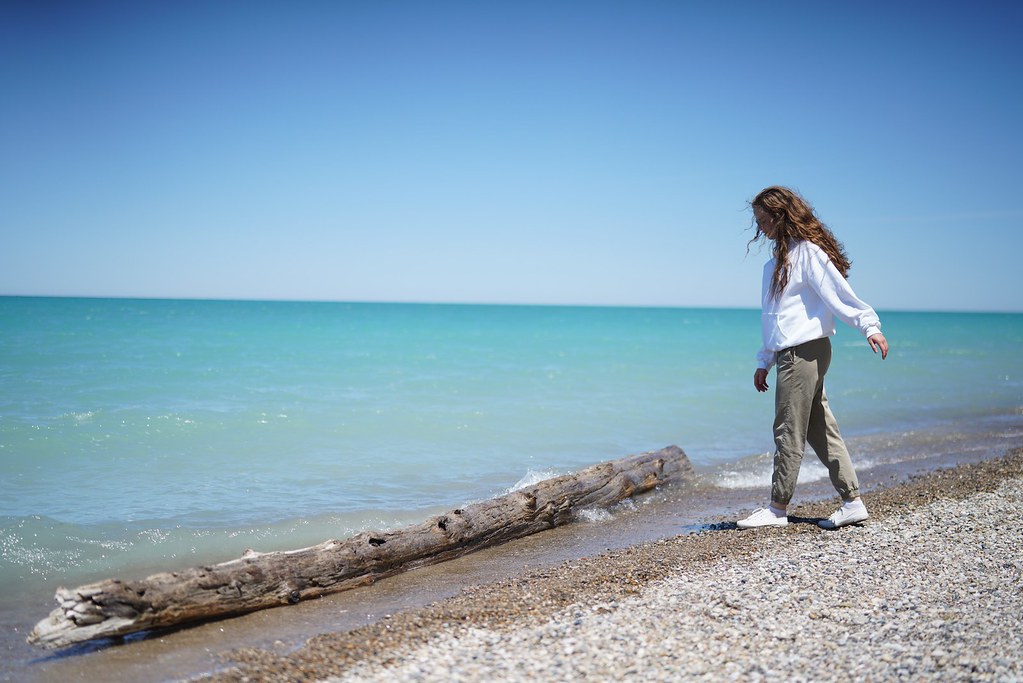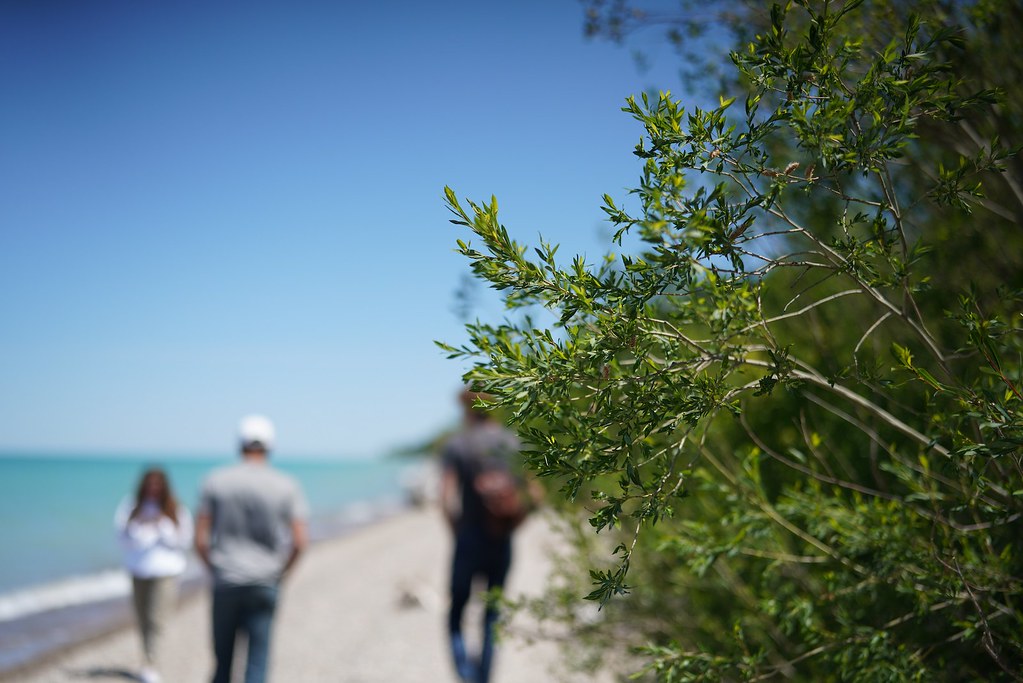Sometimes you stumble upon a soul saying all the things your soul feels — and everything you wish your soul had known so much sooner. Hands down, one of my most favorite writers, godly guide and all around kindest person of all time, Mark Buchanan has written a book I’ve been keenly anticipating for months. As someone who walks long and counts steps every day, I can just say that Mark’s most recent book – God Walk – is perhaps his most brilliant and helpful book yet: he takes something so commonplace, so mundane, so pedestrian in the root sense – the simple act of walking – that we mostly take it for granted, and he helps us see it through fresh eyes. He teaches us to marvel at what happens when we just put one foot in front of the other. I am unashamedly thrilled to welcome one of the very wisest and kindest of people to the farm’s front porch today, my friend, Mark Buchanan…
My friend Norm can’t walk.
He once could, with poise, with strength. He wasn’t Buster Keaton, but he strode the earth with vigor and ease and effortless balance.
But in as much time as it takes you to read this sentence, he stopped walking. Not by choice. He lost the use of both legs, and most of the use of both arms, when his horse, his trusted horse, threw him sideways and gravity pulled him earthward and he hit the ground at an angle that broke things inside him.
In a blink, he went from agility to paralysis, from mobility to confinement, from standing most days to sitting all of them. One moment, his legs went wherever he told them. The next, they refused.
Norm once walked all the time but never much thought about it. He never contemplated the simple joy, the giddy freedom, the everyday magic of walking: to bound up or down a flight of stairs, to glide across a kitchen floor, to stroll a beach, to hike a trail.
To move from here to there on nothing more than his own two legs, under his own locomotion.
Now, Norm thinks about walking all the time. He watches others do it—Uprights, he calls them—bounding, gliding, strolling, hiking, and the dozens of other things most of us do with our legs with barely a thought about it. It stuns and saddens him.
He would give almost anything to walk again, and if ever by some miracle of heaven or earth his capacity is restored, it’s almost all he will ever do.









My friend Norm can’t walk, but he thinks about it a lot.
Until recently, I was the opposite: I walked a lot but thought about it almost never.
Walking is, along with eating and sleeping, our most practiced human activity. But unlike eating and sleeping, we don’t need to do it to survive. And so walking, though our most practiced human activity, is maybe our most taken-for-granted one, and sometimes our most neglected. You can, after all, go only seconds without breathing, mere days without eating. But walking—you can pass an entire lifetime and still do little of that.
Until recently, I had lost, if ever I possessed, sheer astonishment at the simple, humble miracle of carrying myself every day everywhere. These legs are more wondrous than a magic carpet, more regal than a king’s palanquin. But only now have I come to see it.
Everyone who can walk walks, even the most sedentary, if only from bed to couch, from table to fridge, from desk to copier. We walk, for the most part, because we can’t help it—because an escalator or elevator or car or plane or train or golf cart is unavailable. We walk up and down stairs. We walk the lengths of hallways. We walk through malls. We walk from curbsides to restaurants, from parking lots to clothing stores.
“Walking,” Evan Esar says, “isn’t a lost art: one must, by some means, get to the garage.”
Most of us walk unthinkingly, without gratitude, maybe even resentfully. Our walking is accidental, incidental, inevitable, maybe grudging. It’s what we do between sitting.
But not all of us.
Some of us walk because it’s magic and beautiful and mysterious and sometimes dangerous.
We walk because we see things differently when we walk. We feel more deeply, think more clearly.
We walk to figure things out.
We walk to sort ourselves out.
We walk to get in shape.
We walk to get a sense of the scale of things—the bigness of trees, the smallness of beetles, the real distance between places.
We walk because we experience land and sky and light in fresh ways—in ways, I am tempted to say, closer to reality.
We walk because three miles an hour, as the writer Rebecca Solnit says, is about the speed of thought, and maybe the speed of our souls.
We walk because if we go much faster for much longer, we’ll start to lose ourselves: our bodies will atrophy, our thinking will jumble, our very souls will wither.
Do you not feel this?
I do.
I walk because three miles an hour seems to be the pace God keeps. It’s God speed.
*********
In the beginning, we walked.
In the cool of the day. In the shade of the Garden. With slow animals and fast ones, cheetahs and tortoises; with docile beasts and wild ones, cows and wolves; with creatures that bounded and others that lumbered, with ones that scuttled and others that waddled. The tiger could rend and devour us, except it didn’t, except it pressed its huge head against our hip and stretched its neck out for us to scratch and made a sound of deep contentment in its throat. The chicken eventually bored us—we found it too dull, too pedestrian, too unexotic, to stir our wonder—but that first time we set eyes on it and had to think up its name, we nearly fell over from shock.
And we walked with each other. Hand in hand, I’m pretty sure. Whispering, though no one was eavesdropping. Or so we thought.
And we walked with God.
Talking with Him as though He were one of us, one with us, God among us: a brother, a friend, a confidante. A fellow pedestrian.
It was all good, so very good. There was night, and there was day. And each new morning, we rose and walked again.
And then it all went tragically awry.
Here, I think, is the saddest line ever written: “Then the man and his wife heard the sound of the Lord God as he was walking in the garden in the cool of the day, and they hid from the Lord God” (Gen. 3:8).
And they hid.
The story doesn’t end there, though. It hardly begins there: before the story is barely underway, we come upon one of the most hopeful lines ever written: “When Enoch had lived sixty-five years, he became the father of Methuselah. After he became the father of Methuselah, Enoch walked faithfully with God three hundred years and had other sons and daughters. Altogether, Enoch lived a total of 365 years. Enoch walked faithfully with God; then he was no more, because God took him away” (Gen. 5:21–24).
Walking with God, walking faithfully with God, returns. Soon after stumbling, we hit our stride again. But now a new thing comes into play: faithfulness. Now we must want it, choose it, seek it. Now we must outwit our reluctance or inertia.
Now walking with God becomes a discipline, something good but hard. We are invited to say yes to it daily, hourly even. Now we must show up to walk with God like all the world depends on it.
Which, in a way, it does.
And just so, the language of walking—walking with God, walking in the light, walking in truth, walking in holiness, keeping in step with the Holy Spirit, and such like—laces like footprints all through the Bible, start to finish.
Walking is the one physical discipline that the Bible consistently associates with a life of faith. It’s so common it’s almost pedestrian.
Why not reclaim what you might have lost or forgotten or maybe never knew: make walking with God the center of your life.
Why not choose deep companionship with the three-mile-an-hour God? Bring everything to Him, every last little thing, like a child brings her art from school to show her parents.
Especially, bring yourself to God, every last little bit of yourself, no matter how strong the impulse to hide.
God speed.
It’s been a long time since I have been so excited about a book!
Mark Buchanan is a one of my most favorite writers, a speaker, and a professor. He lives in Cochrane, Alberta, where he teaches at Ambrose University. God Walk is his tenth book.
Drawing on Jesus’s example of walking, bestselling author Mark Buchanan explores one of the oldest spiritual practices of our faith.
What happens when we literally walk out our Christian life? We discover the joy of traveling at the speed of our soul.
Part theology, part history, part field guide, God Walk explores walking as spiritual formation, walking as healing, walking as exercise, walking as prayer, walking as pilgrimage, suffering, friendship, and attentiveness. It is a book about being alongside the God who, incarnate in Jesus, turns to us as he passes by–always on foot–and says simply, “Come, follow me.”
With practical insight and biblical reflections told in his distinct voice, Mark provides specific walking exercises so you can immediately implement the practice of going “God speed.” Whether you are walking around the neighborhood or hiking in the mountains, walking offers the potential to awaken your life with Christ as it revives body and soul.
Absolute 5 star book, that I will be giving as gifts, as walking is life-changing gift for everyone:
God Walk explores the rich and varied benefits – for and from the earth, for our bodies and minds and spirits, for our relationships, for our faith – that come from the simple act of walking.
[Our humble thanks to Zondervan for their partnership in today’s devotion ]








